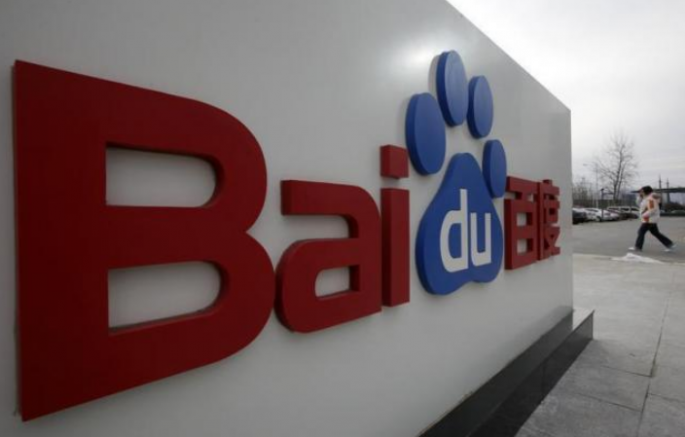Efforts of Baidu, China's leading search engine, to ramp up investments in supercomputing capabilities, such as machine translation, is considered an attempt to capture the online to offline sector that is so growing fast.
China's leading search engine operator Baidu plans to invest more on developing supercomputing facilities like machine translation, deep learning, voice recognition, picture recognition etc., Slator reported.
Baidu President Zhang Yaqin revealed his plans in an interview with Bloomberg TV.
Supercomputing space is becoming more competitive, and one had to come out with foolproof strategies to meet the competition in the long run, as well as for the immediate future. He explained the reason behind this move.
According to Zhang, M&A and Partnerships will be the immediate choice and will go for joint ventures and investments in the near future. This immediate decision, according to Nasdaq, is being considered as a step to out-invest and out-acquire competitors like Tencent and Alibaba, and to be the number one in online to offline space (O2O).
O2O sector is growing fast in China and is expected to reach $1.2 trillion by 2017.
As Baidu's first step, the company already invested an estimated amount of $3.2 billion, including its 2014's purchase of Nuomi, the largest platform in China where vendors and buyers can meet.
Baidu is now eyeing its next target - enhanced machine translation. Although Baidu launched its machine translation efforts in 2011, it gained momentum after launching "Deep Speech" in December 2014. Now, the hybrid machine translation system of Baidu can translate as much as 27 languages across multiple devices.
Company has invested more on R&D in this sector, and expecting more languages under their folder in the near future. Market watchers are considering the initiative taken by Baidu in supercomputing as a great leap towards the next half of this century. According to the company, this will help Baidu to establish themselves as global power with this well-knitted strategy and planning.





















